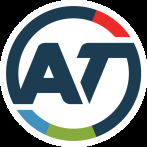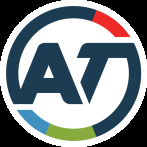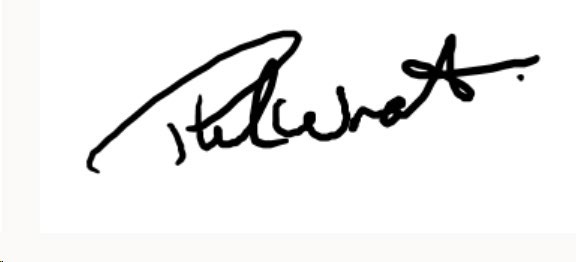

20 Viaduct Harbour Avenue, Auckland 1010
Private Bag 92250, Auckland 1142, New Zealand
Phone 09 355 3553
Website www.AT.govt.nz
26 June 2024
Leon
[FYI request #27036 email]
Your request for information under the Local Government Official Information and Meetings Act 1987
(LGOIMA)
- CAS-918750-S6B9S4
Kia ora Leon,
Thank you for your official information request dated 28th May 2024 about information relating to the
recently installed Te Atatu Road T2 Lane cameras.
I have answered your questions, in the order you asked them.
When do they become operational?
We don’t have cameras installed at Te Atatu Road T2 Lane yet. The project was scheduled to be completed
by 28 June 2024; however, significant delays were encountered due to fibre delivery and the need for a
footpath extension. We are working with our partners to confirm a new completion date. Therefore, your
request is refused under section 17(e) of the LGOIMA as the information doesn't exist.
What is the software technology being used i.e. AI, machine learning, number plate recognition, or
manual footage review.
Edge-based cameras are used, which have built-in processing capabilities, allowing them to perform licence
plate recognition (LPR) and detection directly at the camera location. The images are sent back to AT
systems, where AT’s proprietary computer vision algorithms (AI) count the number of occupants, and if the
number of occupants is less than the transit lane threshold, will then create the infringement evidential
pack. This evidential pack is sent in near real-time to a warranted Parking Officer, who will witness, review,
and manually determine if an offence has occurred before processing an infringement notice, if required.
If there is an element of machine learning, has there been a testing / training period for the AI?
Yes, our AI model was trained and tested on existing AT sites along Onewa Road and Walmsley Street and is
continuously being trained and tested with new site images.
What is the hardware being used, i.e. thermal cameras, infrared cameras.
The Vehicle Occupancy Detection (VOD) Unit that is going to be instal ed consists of two components: one
is fixed, and the other is relocatable.
1. Fixed Unit: Captures evidential footage of a vehicle travelling in the transit lane from beginning to
end and live streams back to AT systems. It has two fixed Vivotek cameras (Scene and Sign), a radar,
and an illuminator.


2. Relocatable Unit: Is positioned on the roadside and consists of two fixed cameras (a near-infrared
VOD camera and infrared ID camera), a near-infrared illuminator, and an onboard computer. It
captures clear images of the vehicle travelling past.
What are each of the cameras?
The fixed unit has Scene and Sign cameras. The Scene Camera is used to capture the entire Transit Lane to
look at the whole vehicle journey, whereas the Sign camera looks at the static transit lane sign and road
markings to prove that accurate signs were in place and not obstructed at the time of the offence.
The relocatable Unit has VOD and ID Cameras. The VOD camera takes several side pictures of vehicles
driving past to determine the number of occupants inside. The ID camera takes a photograph of the front of
the vehicle to capture pictures of the vehicle’s plate number.
What does each camera do and aim to capture.
We cannot disclose such detailed information as it could compromise our customers’ security and raise
cybersecurity concerns. Consequently, this data is withheld under Section 7(2)(d) of the LGOIMA to prevent
compromising public health or safety measures.
Should you believe that we have not dealt with your request appropriately, you are able to make a
complaint to the Office of the Ombudsman in accordance with section 27(3) of the Act and seek an
investigation and review regarding this matter.
Yours sincerely,
Phil Wratt
Engagement Manager,
Customer Care
Page
2 of
2



